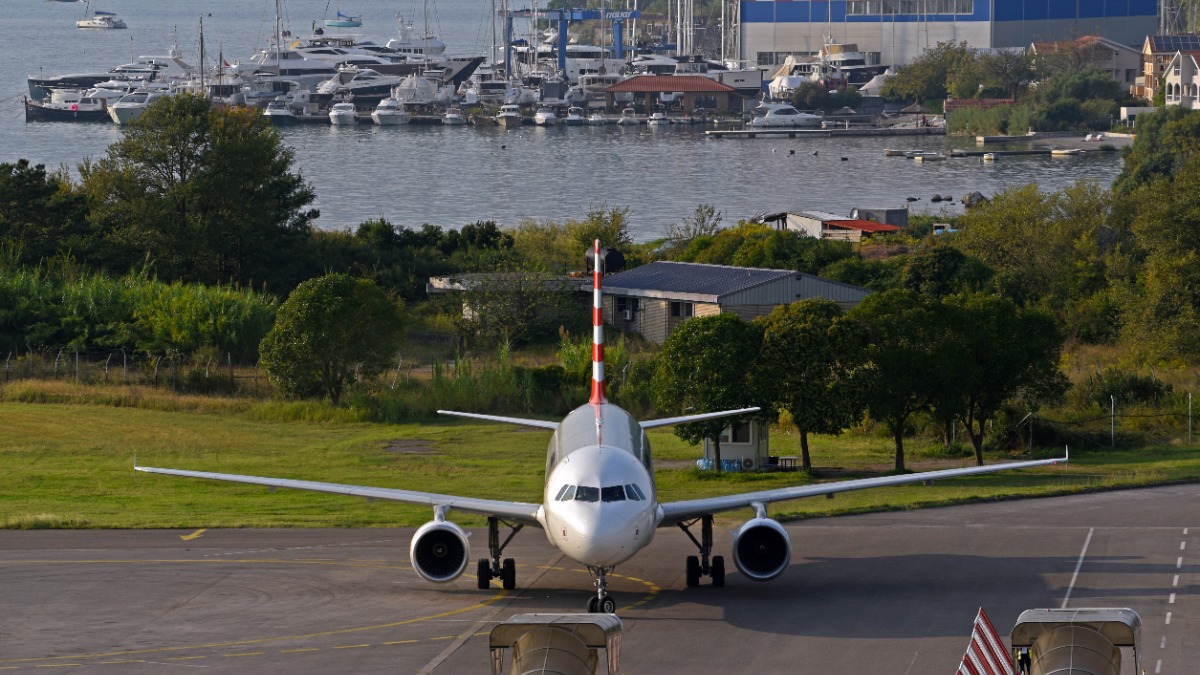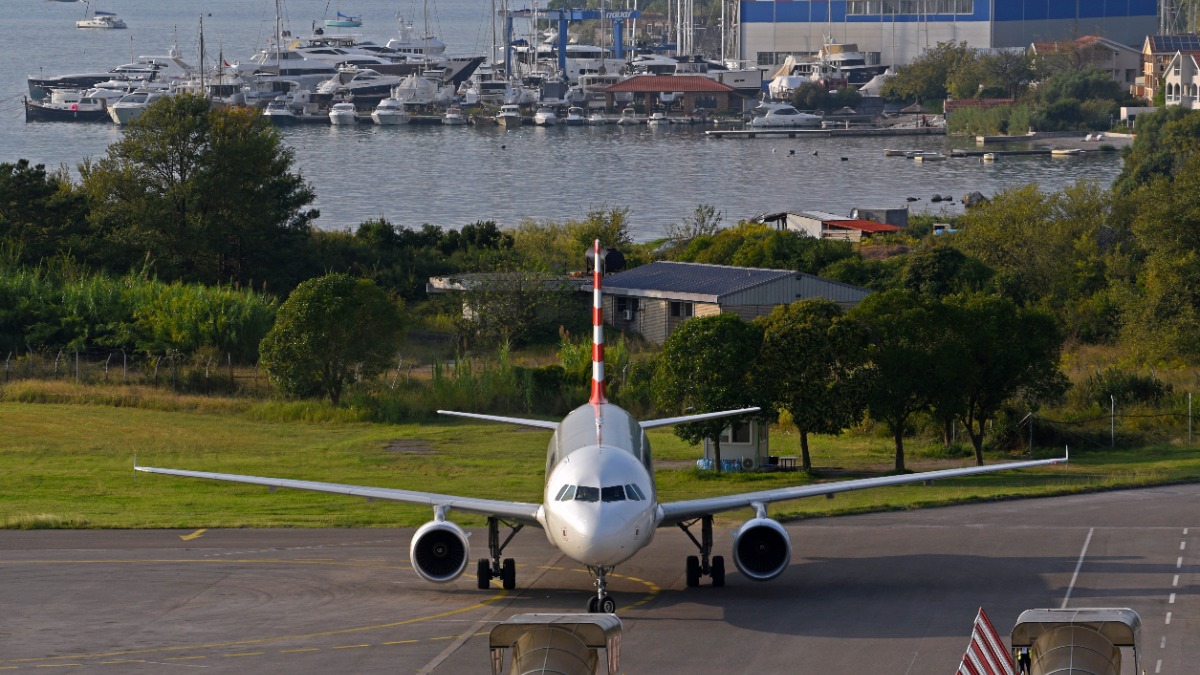The Government of Montenegro has unanimously decided to extend the deadline for the tender commission responsible for the concession of Montenegrin airports Podgorica and Tivat by an additional 30 days, until July 9, to allow the commission to complete the evaluation of technical bids and submit a report to the Ministry of Transport. The decision aims to ensure transparency and competence in the concession process, which has been ongoing for seven years and has been marked by numerous controversies and disagreements. The tender commission disqualified the South Korean company Incheon International Airports, while a Luxembourg-American bidder advanced to the second round. An international consultant rated the South Korean offer better and threatened to withdraw from the process due to lack of information on the reasons for disqualification. Prime Minister Milojko Spajić called on commission members to carefully consider the views of foreign experts, especially given that by the end of June, Chapter 5 concerning public procurement in EU accession talks should be closed. The Airport Workers’ Union of Montenegro and the Independent Airport Union expressed concern over the compromised process and warned that such a tender procedure is not in line with the country’s European path. Political reactions are divided, with criticisms regarding pressure on the commission and lack of clarity in the process.
Political Perspectives:
Left: Left-leaning sources emphasize the need for transparency and accountability in the concession process, highlighting concerns about potential corruption and the influence of private capital over strategic national infrastructure. They often criticize the government for lack of clarity and call for greater public oversight and protection of workers’ rights.
Center: Center-leaning sources focus on the procedural aspects of the concession process, reporting on the government’s decision to extend the deadline to ensure a thorough and competent evaluation. They present balanced views including the government’s rationale, the role of international consultants, and the ongoing controversies without strong partisan bias.
Right: Right-leaning sources tend to emphasize national sovereignty and security concerns, warning against the privatization of strategic assets to foreign or private interests. They may criticize the government for perceived weakness or mismanagement and stress the importance of maintaining control over key infrastructure to protect national interests.












